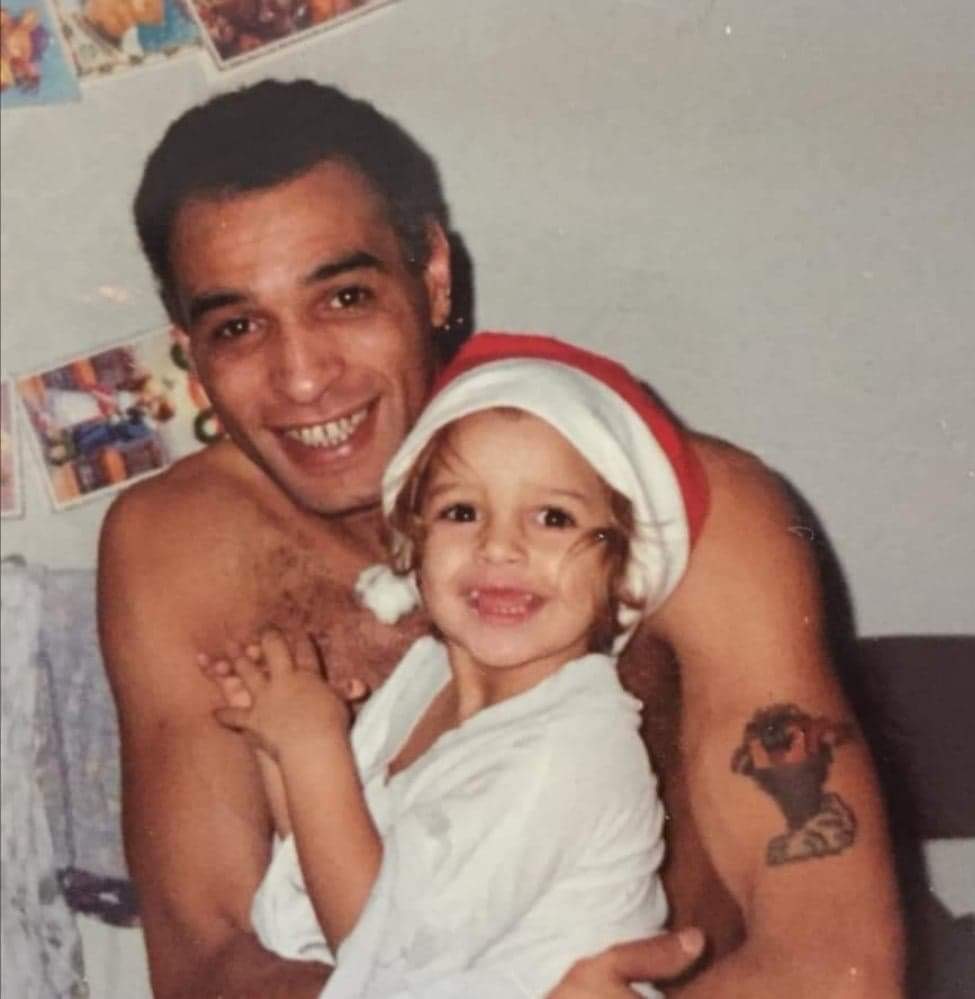NHS issues urgent plea for more people to share their organ donation decision
New figures released to mark Organ Donation Week (7-13th September), estimate that 6,700 people are now in need of a transplant across the UK – up from approximately 6,138 prior to the start of the pandemic.
Although organ donation and transplant services have made a strong recovery, with deceased donor transplants now back to pre-Covid levels, clinicians say public support – and an increase in donors and families willing to support donation – is now crucial, to help ensure waiting patients receive the transplants they so desperately need.
Organ donation and transplant teams across the country, plus patients waiting, are now calling on individuals to speak with friends and family to ensure your organ donation decision is known.
The increase in patients waiting – with numbers expected to be the highest since 2015/16 - comes after organ donation and transplants were both significantly impacted as a result of the pandemic. Donors are not able to donate if they are positive for Covid-19, reducing the number of potential donors, and a large number of transplants were put on hold, due to the risks of being immunosuppressed for potential recipients.
Max and Keira's Law
 There is hope that the introduction of Max and Keira’s Law – the new law relating to organ and tissue donation in England – which came into effect on 20th May, will lead to an increase in the number of donors, however families will continue to be consulted before organ donation goes ahead. It is therefore still important to ensure your relatives know what you would want to happen if organ donation becomes a possibility.
There is hope that the introduction of Max and Keira’s Law – the new law relating to organ and tissue donation in England – which came into effect on 20th May, will lead to an increase in the number of donors, however families will continue to be consulted before organ donation goes ahead. It is therefore still important to ensure your relatives know what you would want to happen if organ donation becomes a possibility.
The new law, which sees England change to an opt out system alongside Wales and Jersey, means that people in England will now be considered as willing to donate, unless they have opted out, are in one of the excluded groups or have told their family they don’t want to donate. Scotland is also due to change to an opt out system in Spring 2021.
Last year, across the UK, it is estimated that 2,500 transplant opportunities were missed due to families saying no to donating their relative’s organs. In 2018-19, a total of 835 families declined to support organ donation, for reasons other than knowing that their relative didn’t wish to be a donor. The most common reason for those families refusing to support donation, was not being sure what their relative wanted.
In 79 out of the 835 family refusals, the patient had registered or expressed their decision to be a donor, which the family then overruled. However, for the vast majority, the individual’s organ donation views were not known or not recorded.
Rick's story
The Phillips family, from Retford, know all too well the importance that having that conversation can make. Rick Phillips (then aged 38) was playing football in 2000, when he experienced a sudden brain aneurysm. The father of four, was taken to hospital, but tragically the family were told that he could not be saved. On hearing this devastating news, the family, knowing what Rick would want, requested to donate his organs.
 Rick was able to donate his kidneys, heart and liver. The family have since made contact with Steve, the recipient of Rick’s liver. Steve has gone on to regularly compete in the Transplant Games. He won a bronze medal at last year’s World Transplant Games held in Newcastle.
Rick was able to donate his kidneys, heart and liver. The family have since made contact with Steve, the recipient of Rick’s liver. Steve has gone on to regularly compete in the Transplant Games. He won a bronze medal at last year’s World Transplant Games held in Newcastle.
Five years after Rick’s death, his daughter, Jade (now aged 27), was diagnosed with autoimmune hepatitis, as well as ulcerative colitis and primary sclerosing cholangitis, and has been told that it is likely she may eventually need a liver transplant.
Rick’s wife, Liz, explains “Rick’s death came totally out of the blue. He was fit, healthy, in his thirties and had headed off to play football with his work team. He collapsed suddenly on the pitch and I received a call to let me know that he was being taken to hospital. Luckily, we had had a conversation and I knew I had to ask about organ donation when they said he wasn’t going to survive.
“It’s now been 20 years since Rick passed, and not a day goes by we don’t think about him. I miss him like it was yesterday. But the pride we have in him has never faded and there are people living their lives because of him. We know he will never be forgotten.
“It came as a total shock to discover that Jade was ill and may one day need a transplant too. Although we had spoken about donation as a family, we never imagined that one of our children could end up needing a transplant from someone else. I'm now so grateful we chose to donate Rick's organs. I firmly believe that if you would be willing to accept a transplant, then you should equally be prepared to give."
Having the conversation
In a recent NHS Blood and Transplant survey, 83% of people said they believe it is important to speak about organ donation. However only 39% say they have gone on to share their donation decision with their partner or family.
While 9 out of 10 families will agree to donation when the person’s decision to be an organ donor is known, this figure falls to less than half (47%) of families agree to donation going ahead if they are unaware of their loved one’s organ donation decision.
John Forsythe, Medical Director for Organ and Tissue Donation and Transplantation at NHS Blood and Transplant, says:
“In 2018/19, we saw more people across the UK go on to donate their organs than ever before. In 2019/20, we were on track to surpass the figures of the previous year, but sadly the impact of Covid-19 reduced the number of donations and transplants able to go ahead.
With thanks to the remarkable efforts of organ donation and transplant teams across the country, as well as the incredible support of donor families, we have fortunately been able to keep transplants going for those in most urgent need throughout the pandemic. We are all now focusing our efforts on continuing our recovery but in order to do this, we need public support more than ever.
“We know that when families know their relative’s organ donation decision, they are more likely to give their support. Knowing what their relative wanted, can give families a lot of comfort and make what is a difficult time, that little bit easier.
“While most people agree that it is important to talk to their family about organ donation, it is less likely that they will have actually had this important conversation.
“Sadly, many organ donation opportunities are lost every year because families don’t know if their loved one wanted to be a donor or not. Please don’t wait. Speak to your family about organ donation today.”
Health Minister Lord Bethell said, “The number of transplants taking place across the UK is rising and I am hugely grateful for everyone who has worked tirelessly to get transplant services up and running again at almost at the same level as before the pandemic.
“Now we have moved to an ‘opt-out’ organ donation system in England, I hope we will see more lives saved by the gift of organ donation every year, but we need more people to discuss their preferences with loved ones to help those desperately waiting for a transplant. I urge everyone to have this conversation with family and friends which could save a life.”
Find out more about the new organ donation law in England or register your organ donation decision.
